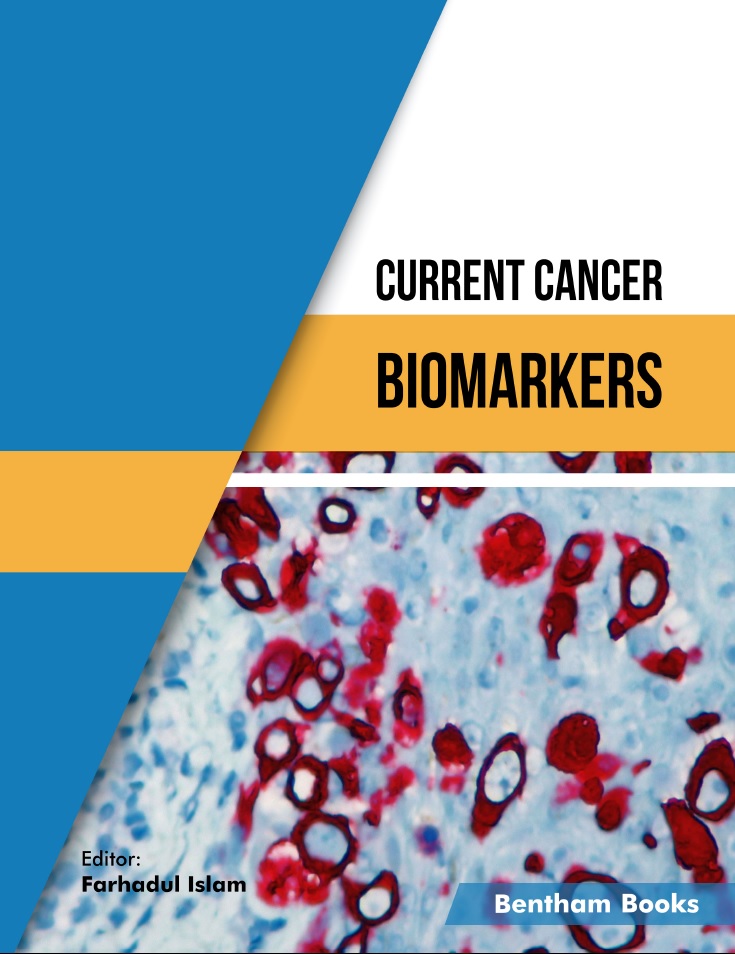Tumour Markers in Clinical Use

- Authors: Sujani M. K. Gamage1, Chamath D. Ranaweera2, Tracie T. Cheng3, Sharmin Aktar4, Vinod Gopalan5, Farhadul Islam6
-
View Affiliations Hide Affiliations1 School of Medicine, Griffith University, Gold Coast, QLD, Australia 2 National Cancer Institute of Sri Lanka, Maharagama, Sri Lanka 3 School of Medicine, Griffith University, Gold Coast, QLD, Australia 4 School of Medicine, Griffith University, Gold Coast, QLD, Australia 5 School of Medicine, Griffith University, Gold Coast, QLD, Australia 6 Department of Biochemistry and Molecular Biology, University of Rajshahi, Rajshahi 6205,Bangladesh
- Source: Current Cancer Biomarkers , pp 11-32
- Publication Date: January 2023
- Language: English
Despite ever-growing experimental evidence for the utility of a wide range of tumour markers, only a handful are understood to be useful in clinical applications. Tumour markers are useful for screening and diagnosis of cancers, prognostication, guiding treatment pathways and post-treatment surveillance studies. The tumour makers play a significant role in cancer care and the markers included in the current treatment guidelines will be discussed in detail in this chapter. The utility of the tumour markers in the management of colorectal, breast, thyroid, hepatobiliary, pancreatic, ovarian, testicular, neuroendocrine and prostate cancer are detailed herein to provide an update on the current use of tumour markers in the clinical settings. nbsp;
-
From This Site
/content/books/9789815079364.chap2dcterms_subject,pub_keyword-contentType:Journal -contentType:Figure -contentType:Table -contentType:SupplementaryData105

